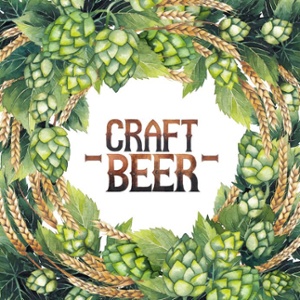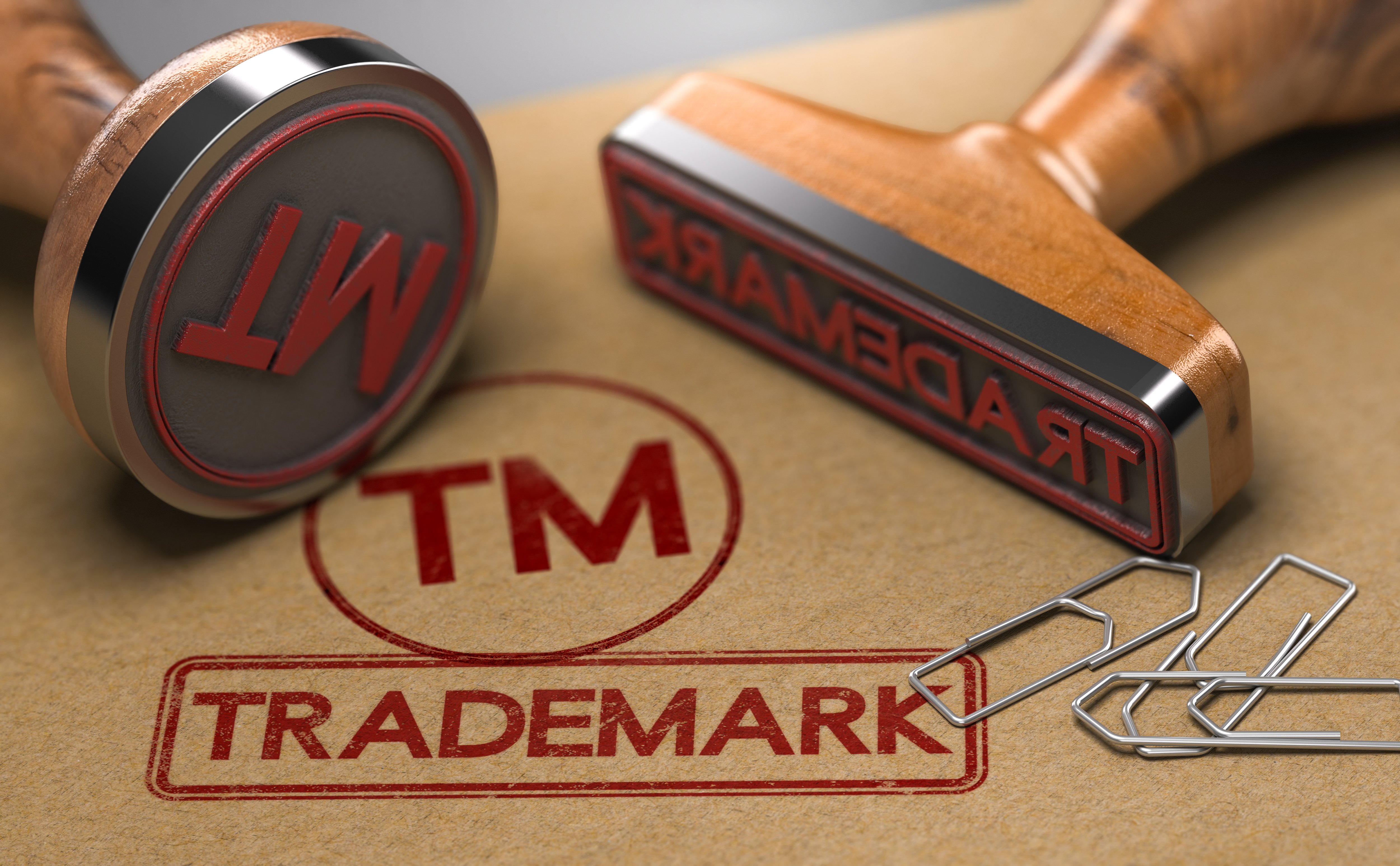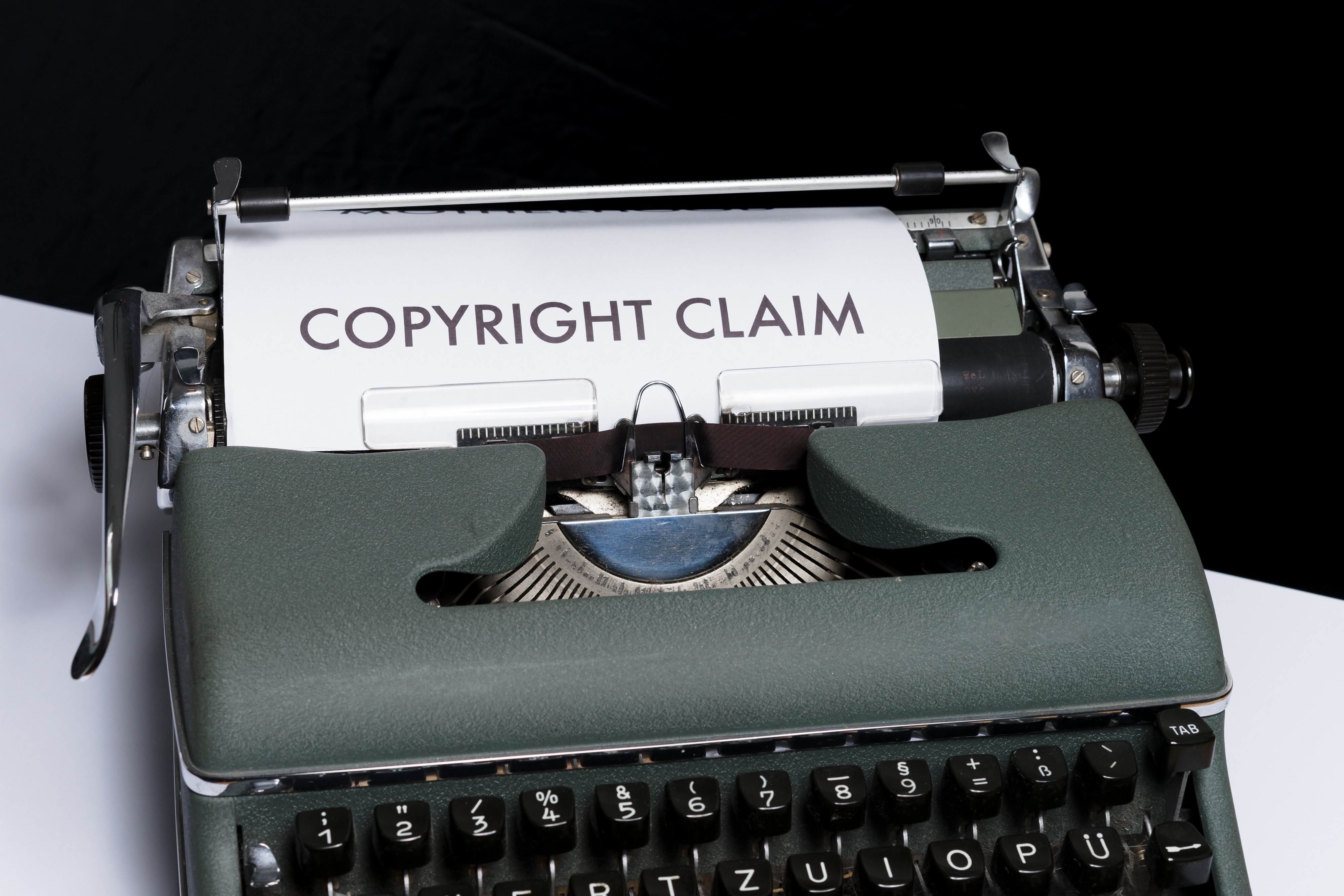
Breweries and Trademarks: Navigating Intellectual Property Issues

Affordable Lawyers for Craft Brewers
We’re here to support you and your business. Please reach out with your questions and we can advise on how we can help.
Related Articles

June 15, 2022
TTAB: Are You Doing Everything to Protect Your Brewery's Trademark?
Author: Beer Law HQ Staff


